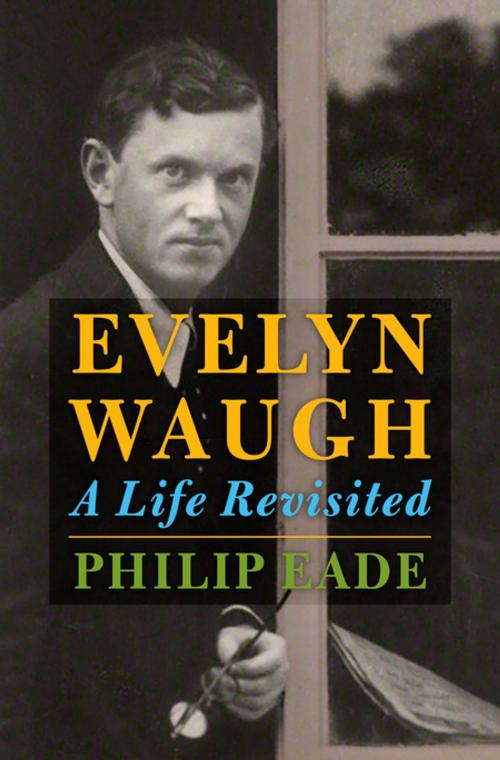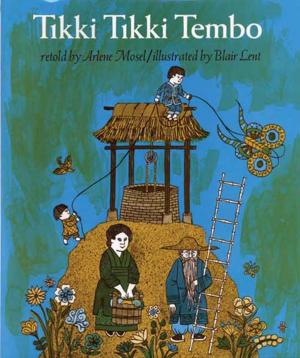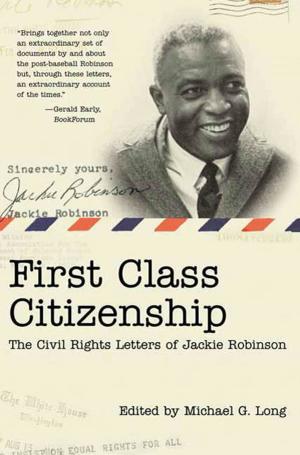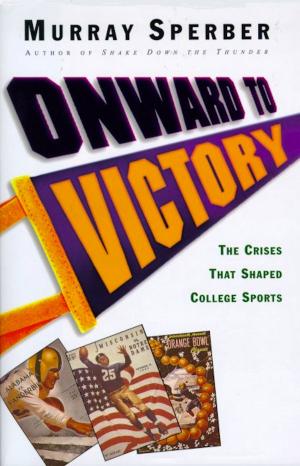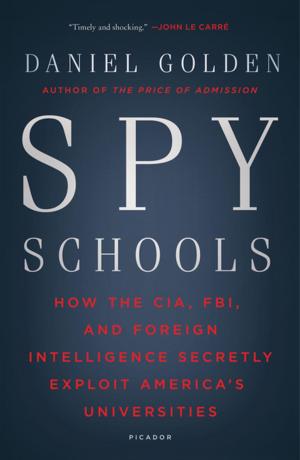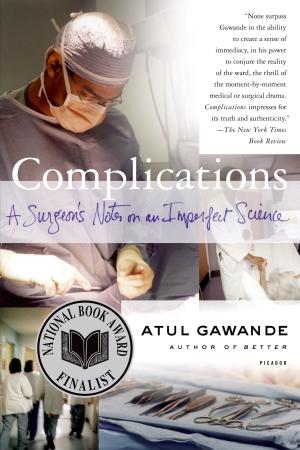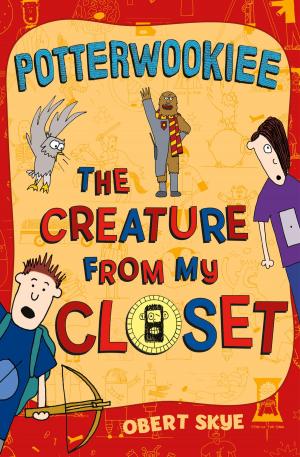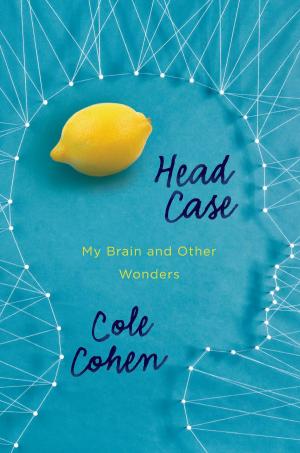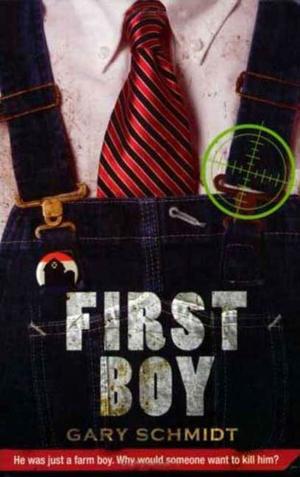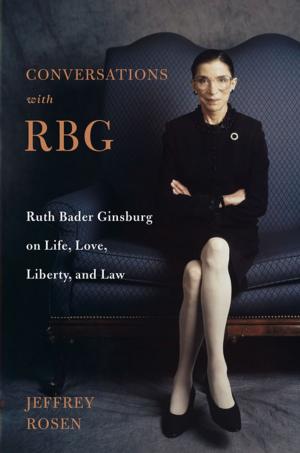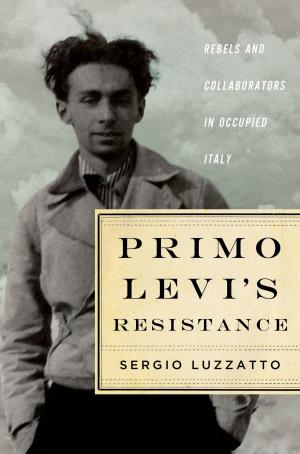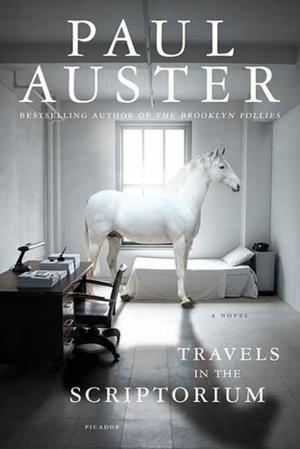| Author: | Philip Eade | ISBN: | 9780805097610 |
| Publisher: | Henry Holt and Co. | Publication: | October 11, 2016 |
| Imprint: | Henry Holt and Co. | Language: | English |
| Author: | Philip Eade |
| ISBN: | 9780805097610 |
| Publisher: | Henry Holt and Co. |
| Publication: | October 11, 2016 |
| Imprint: | Henry Holt and Co. |
| Language: | English |
NAMED A BEST BOOK OF THE YEAR BY THE GUARDIAN, SUNDAY TIMES AND FINANCIAL TIMES
Fifty years after Evelyn Waugh’s death, here is a completely fresh view of one of the most gifted -- and fascinating -- writers of our time, the enigmatic author of Brideshead Revisited.
Graham Greene hailed Waugh as ‘the greatest novelist of my generation’, and in recent years his reputation has only grown. Now Philip Eade has delivered an authoritative and hugely entertaining biography that is full of new material, much of it sensational.
Eade builds upon the existing Waugh lore with access to a remarkable array of unpublished sources provided by Waugh’s grandson, including passionate love letters to Baby Jungman – the Holy Grail of Waugh research - a revealing memoir by Waugh’s first wife Evelyn Gardner (“Shevelyn”), and an equally significant autobiography by Waugh’s commanding officer in World War II.
Eade’s gripping narrative illuminates Waugh’s strained relationship with his sentimental father and blatantly favoured elder brother; his love affairs with male classmates at Oxford and female bright young things thereafter; his disastrous first marriage and subsequent conversion to Roman Catholicism; his insane wartime bravery; his drug-induced madness; his singular approach to marriage and fatherhood; his complex relationship with the aristocracy; the astonishing power of his wit; and the love, fear, and loathing that he variously inspired in others.
One of Eade’s aims is ‘to re-examine some of the distortions and misconceptions that have come to surround this famously complex and much mythologized character’.‘This might look like code for a plan to whitewash the overly blackwashed Waugh,’ comments veteran Waugh scholar Professor Donat Gallagher; ‘but readers fixated on atrocities will not be disappointed . . . I have been researching and writing about Waugh since 1963 and Eade time and again surprised and delighted me.’
Waugh was famously difficult and Eade brilliantly captures the myriad facets of his character even as he casts new light on the novels that have dazzled generations of readers.
NAMED A BEST BOOK OF THE YEAR BY THE GUARDIAN, SUNDAY TIMES AND FINANCIAL TIMES
Fifty years after Evelyn Waugh’s death, here is a completely fresh view of one of the most gifted -- and fascinating -- writers of our time, the enigmatic author of Brideshead Revisited.
Graham Greene hailed Waugh as ‘the greatest novelist of my generation’, and in recent years his reputation has only grown. Now Philip Eade has delivered an authoritative and hugely entertaining biography that is full of new material, much of it sensational.
Eade builds upon the existing Waugh lore with access to a remarkable array of unpublished sources provided by Waugh’s grandson, including passionate love letters to Baby Jungman – the Holy Grail of Waugh research - a revealing memoir by Waugh’s first wife Evelyn Gardner (“Shevelyn”), and an equally significant autobiography by Waugh’s commanding officer in World War II.
Eade’s gripping narrative illuminates Waugh’s strained relationship with his sentimental father and blatantly favoured elder brother; his love affairs with male classmates at Oxford and female bright young things thereafter; his disastrous first marriage and subsequent conversion to Roman Catholicism; his insane wartime bravery; his drug-induced madness; his singular approach to marriage and fatherhood; his complex relationship with the aristocracy; the astonishing power of his wit; and the love, fear, and loathing that he variously inspired in others.
One of Eade’s aims is ‘to re-examine some of the distortions and misconceptions that have come to surround this famously complex and much mythologized character’.‘This might look like code for a plan to whitewash the overly blackwashed Waugh,’ comments veteran Waugh scholar Professor Donat Gallagher; ‘but readers fixated on atrocities will not be disappointed . . . I have been researching and writing about Waugh since 1963 and Eade time and again surprised and delighted me.’
Waugh was famously difficult and Eade brilliantly captures the myriad facets of his character even as he casts new light on the novels that have dazzled generations of readers.
